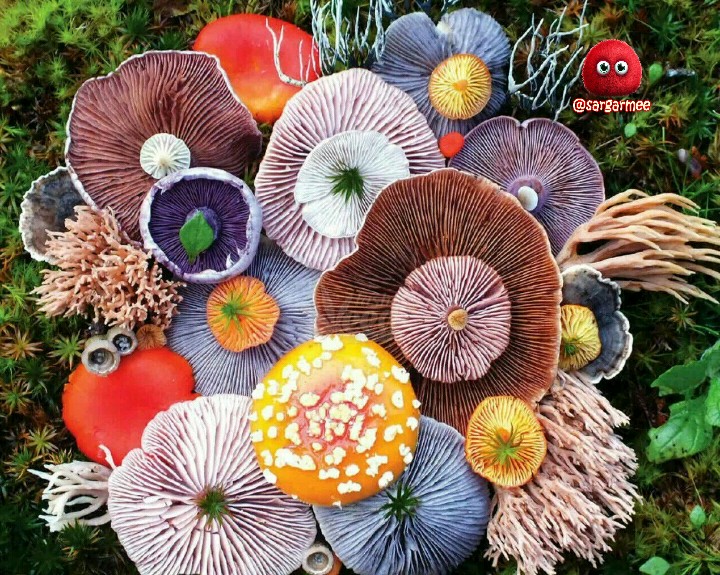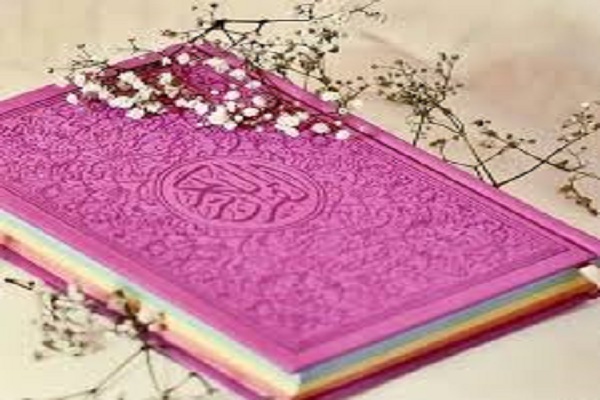According to rahyafte (the missionaries and converts website): as one of the episodes of the series “Discussions on the Mutual Cultural Impacts of Immigrants and Russian Society” produced by the Iranian Cultural Counselor in Moscow, the influence of immigrants in the Russian Language Vocabulary will be discussed in this text.
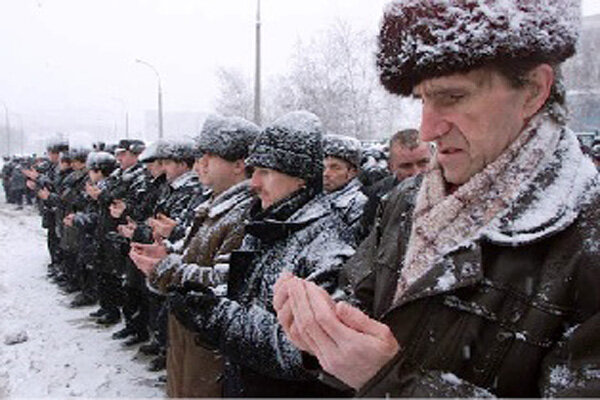
Influence in the Russian Language
Russians throughout history have considered the official language of this country as one of the main factors of their identity. Of course, the extent to which this consideration of the language has caused changes or the entry of foreign words into the language is a matter for linguists to address. Depending on the interaction or different historical trends, many words from French, English and German languages have entered the Russian language. These words are mostly seen and used in the field of clothing, literature, scientific terms, sports, food culture or even everyday Russian phrases. Many genres of these languages have also entered the Russian language, and at the same time, each of the social classes has its own practical foreign words.
Among the divine religions that have believers in Russia, the followers of Islam have introduced words into the Russian language that may not have even made sense to the natives of this country up until 25 years ago. Perhaps in this regard, their effects are even greater than the impact that Russian culture has had on immigrants in the process of adapting to the environment.
Most German words entered the Russian language during World War II; Interactions between the citizens of the two countries were greater than at other times during the conflicts on the battlefield and the events that followed. There are currently a population of three and a half million Russians living in Germany. The number of Germans immigrating to Russia is barely 11,000.
Russians throughout history have considered the official language of this country as one of the main factors of their identity. Of course, the extent to which this has caused changes or the entry of foreign words into the language is a matter for linguists to address. Depending on the interaction or different historical trends, words from many French, English and German languages have entered the Russian language. These words are clearly used in the field of clothing, literary and scientific terms, sports, food culture, or even everyday Russian phrases. Many genres of these languages have also entered the Russian language, and at the same time, each of the social classes has its own practical words.
Among the divine religions that have followers in Russia, the followers of Islam have introduced words into the Russian language that may not have even made sense to the citizens of this country until the last 25 years. Perhaps in this regard, their effects are even greater than the impact that Russian culture has had on immigrants in the process of adapting to the environment.
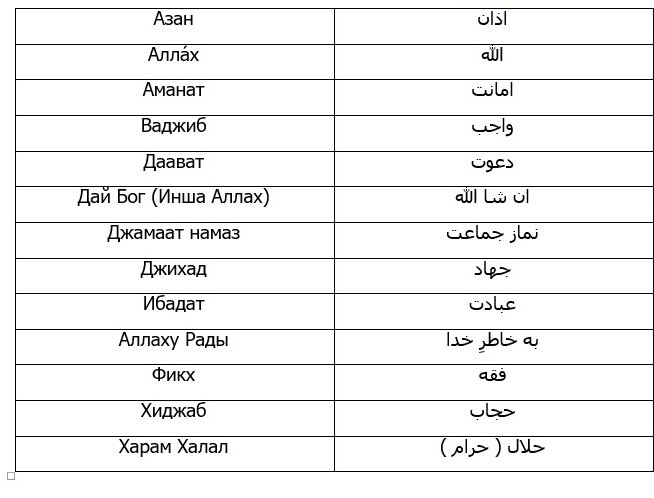
Most German words entered the Russian language during World War II during the conflicts on the battlefield between the countries and after the second world war with the events that followed; when interactions between the citizens of the two countries were greater than at other times during the conflicts on the battlefield. There are currently a population of three and a half million Russians living in Germany. The number of Germans immigrating to Russia is barely 11,000.
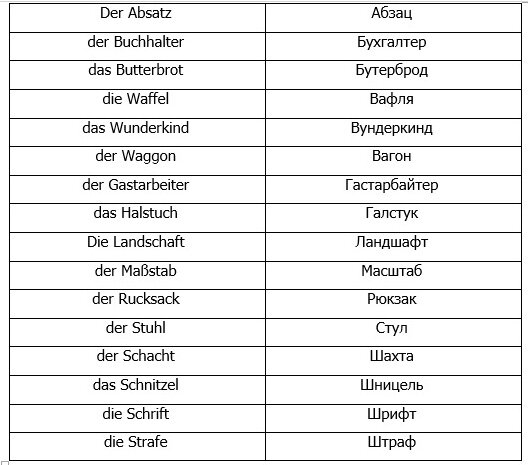
English words gradually entered the Russian language after the Soviet era and in the late 1990s. The number of US immigrants to Russia is 3,700 people and the number of British immigrants to the country is 4,300 people. Meanwhile, Muslims, who make up 25 percent of Russia’s population, have a long history. Of course, in recent years, the number of words and expressions of the Muslim community in this country has become more widespread and is widely used in the daily conversations and conversations of the people of this country.
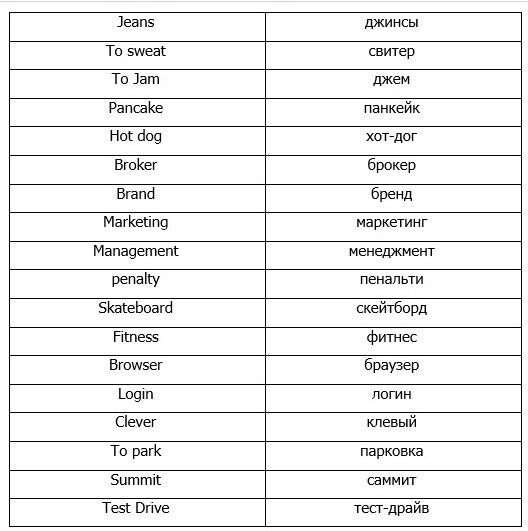
Source: Mehr News Agency







